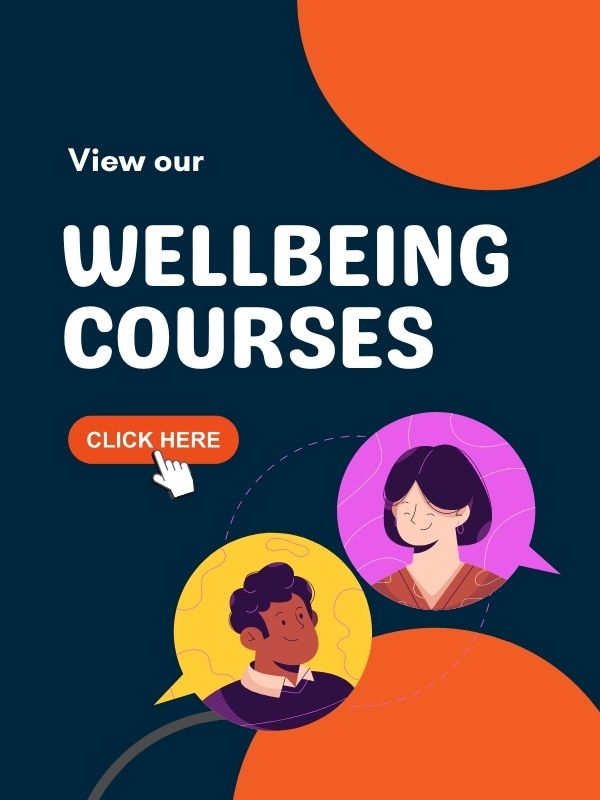The Challenge
Recent data from the British Medical Association and the 2021 NHS Staff Survey continues to highlight alarming levels of threatening behaviour, violence, and verbal abuse directed at NHS staff, including doctors, nurses, receptionists, and healthcare assistants. This trend has worsened since the COVID-19 pandemic, with frontline staff frequently facing aggressive behaviour. The NHS People Promise, which focuses on creating safe and healthy environments, reflects these concerns.
NHS England commissioned escalla to design and deliver a comprehensive training programme to help staff develop the skills needed to handle these difficult situations with compassion while safeguarding their own wellbeing.
Meeting the Challenge
After extensive consultation with NHS staff and the National Health and Wellbeing Team at NHS England, in 2022 escalla created the Compassionate Conversations initiative. The programme progressed through several phases, with Phase 3 focusing on delivering refined and enhanced training based on participant feedback and ongoing assessment.
This training, now reaching over 9,000 primary and secondary care professionals, focused on key techniques such as active listening, emotional intelligence, and self-care. By addressing compassion fatigue, the programme fostered a more inclusive and compassionate workplace culture.
The training was highly practical, with a focus on real-world application. Participants practised handling difficult conversations using skills and tactics tailored to challenges they frequently face. More than 93% of participants expressed satisfaction, believing these skills would be valuable in their daily work.
Participant Wellbeing and Confidence
Supporting staff wellbeing was a crucial part of the programme. After training, participants reported high confidence (8.7 out of 10) in understanding their own mental health and wellbeing, with a slightly higher score (8.8 out of 10) for knowing how to support colleagues. These improvements were sustained weeks after the training.
Outcomes and Impact
The programme's effectiveness was measured through detailed evaluations. Over 95% of participants rated the training as excellent or very good, surpassing the initial key performance indicators of 70%. The training achieved a 24.7% increase in participants' confidence in handling difficult situations compassionately, and 87% maintained this confidence in follow-up assessments.
The ongoing Phase 3 of the initiative is focused on continuous improvements, incorporating participant feedback and expanding the training's reach to ensure sustained long-term impact.
This initiative made a clear and lasting impact, helping staff feel more competent, confident, and supported in managing difficult conversations at work




